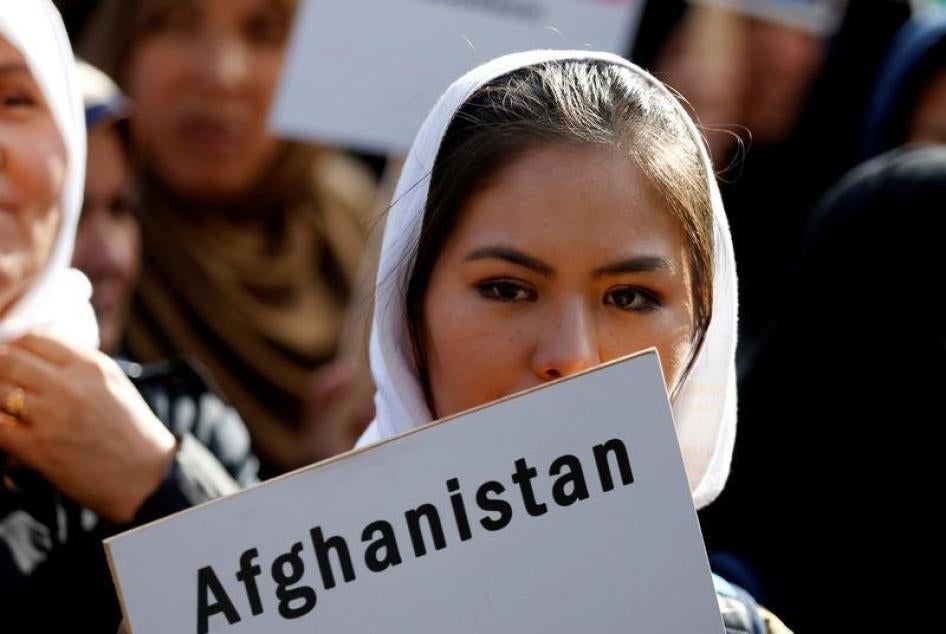Any Afghan woman can tell you that sexual harassment is widespread in Afghanistan. A 2016 study found 90 percent of the 346 women and girls interviewed said they had experienced sexual harassment in public places, 91 percent in educational environments, and 87 percent at work. This is not news to my friend Soraya (a pseudonym), a lawyer working in Kabul trying to improve access to justice for women.
Several months ago, she and I observed a rape trial. As is often the case in Afghanistan, the session took place in the cramped judge’s chambers, with witnesses for the prosecution and defence, and both families present. It was a crowded, tense scene; everyone was anxiously awaiting the final evidence and the verdict.
Everyone except the judge. As he waited for the paperwork, he tossed questions at Soraya. Apparently trying to impress her, he boasted of becoming a judge after cheating on his bar exam. He beckoned her over, and handed her his phone. Soraya told me that he asked her for her phone number and pressured her to friend him on Facebook.
In conservative Afghanistan, where social media, particularly Facebook, have become an arena for sexual harassment, and women and girls sometimes face criticism or abuse simply for using social media, such a request is particularly offensive. Women have described receiving rape threats via Facebook. In one rape case Soraya and I investigated, the perpetrator had stolen a young woman’s phone and threatened to make public her identity and photos on Facebook unless she had sex with him.
Harassment was made a crime in Afghanistan in 2009, but the term was not defined. In 2016, the parliament passed a bill defining harassment as, “physical contact, illegitimate request, verbal and non-verbal harassment, and any other acts that caused psychological, physical damage, and humiliated a woman or a child.”
These definitions are broad, providing ample ammunition to government officials seeking to curb harassment. Less evident is any genuine will to change the culture of institutions to instil respect for women. Until that happens, new laws and regulations will do little to protect women from a daily hail of abuse.









